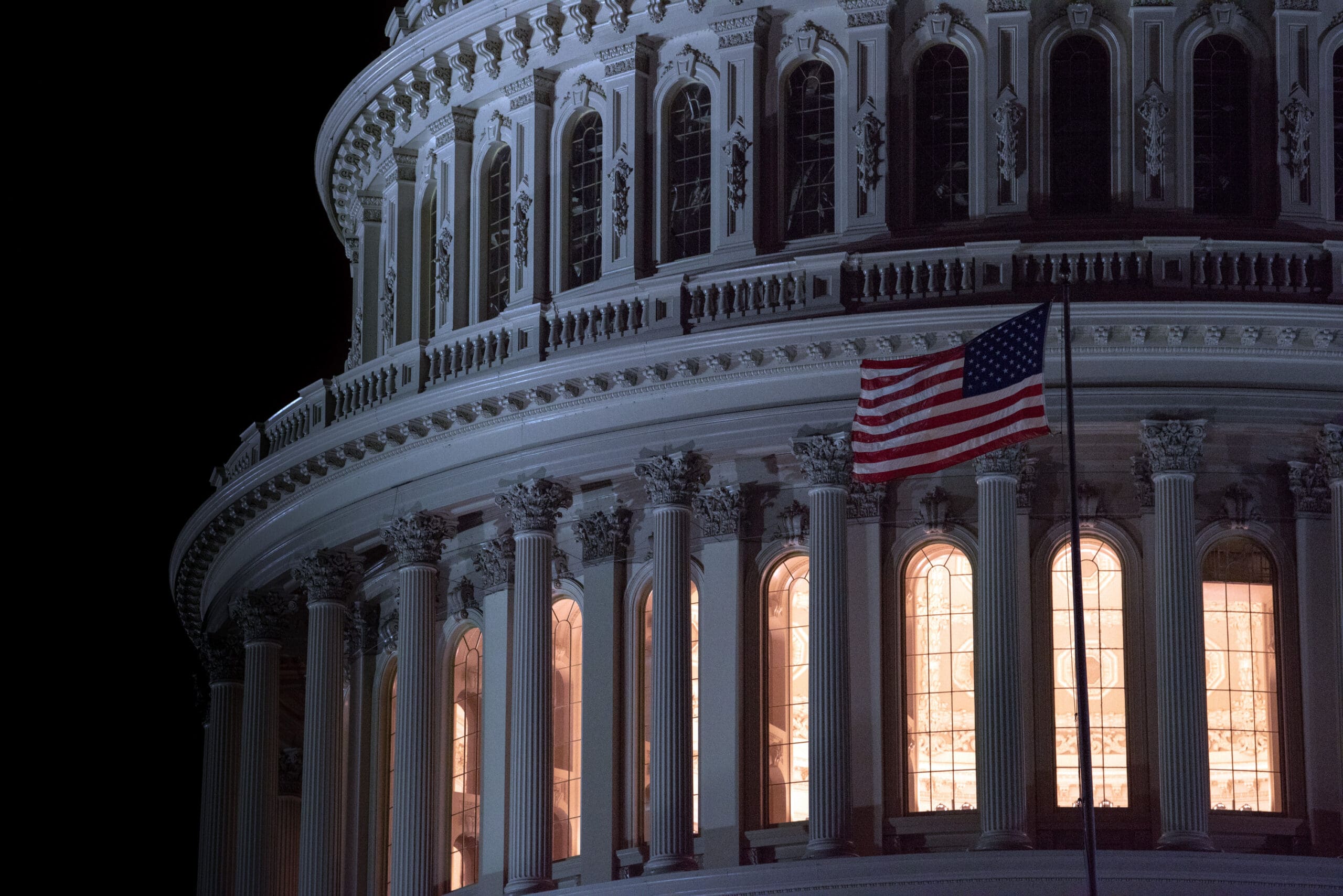Justice Department clears Capital One deal for Discover Hurdle
The Justice Department expressed concern about the deal’s impact on consumers who had no credit during the Biden administration. The Justice Department had told regulators during the Biden administration that it was concerned about the impact of the deal on people who did not have credit. However, the investigation was still ongoing when President Trump came into office. This week, the department sent a letter to the Federal Reserve and the Office of the Comptroller of the Currency saying it had concluded its investigation and did not believe there were concerns that warranted blocking the deal, said the two people, who requested anonymity because the information is confidential.
A spokeswoman for the Justice Department declined to comment. A spokesman for Capital One also declined to comment on the review process, but said in a statement that the deal “complies with the Bank Merger Act’s legal requirements, and we remain well positioned to gain approval.”
The department does not have direct authority to approve banking deals, but it can sue to block them. The Federal Reserve and Comptroller may still be able to block the deal. However, the new legal analysis has a lot of significance because analysts expected the Justice Department to object the most. Jeremy Kress is a professor of law and business at the University of Michigan. He says that federal banking agencies haven’t denied a merger application in writing since 2003. The department updated its framework to include more stringent guidelines for evaluating banking deals. This was the first time that the framework had been updated since 2008.
This would indicate that this administration is more receptive to bank mergers than Biden’s administration, said Todd Phillips. He is an assistant professor of finance and banking law at Georgia State University. When people thought of Trump’s administration as more friendly to business, they were thinking about this type of thing.
Capital One is the ninth largest bank in the United States, with $479 billion of assets. Capital One would gain access to a network with 305 million cardholders and add them to its existing base of over 100 million customers by acquiring Discover. The banks argued that the deal would create a stronger competitor in the space to the giants, Visa and Mastercard.
Shareholders have already approved the all-stock deal, valued at roughly $35 billion when it was announced last year. The companies have said they expect to close the deal early this year, pending regulatory approval.
Those opposed to the deal were concerned about control of the credit card market.
Jesse Van Tol, the chief executive of the National Community Reinvestment Coalition, which has been opposing the deal since it was announced, said Capital One’s acquisition of Discover would allow one of the country’s biggest credit card issuers to control its own network. That element of the merger — seen as a type of vertical integration — does not have clear precedent, he said, and raises anticompetitive concerns.
“The market power it gives them, and the opportunity it gives them to set pricing in ways that captures a lot of value for the company at the expense of the consumer, is significant,” Mr. Van Tol said.
Capital Forum earlier reported that the Justice Department was leaning toward supporting the deal.






